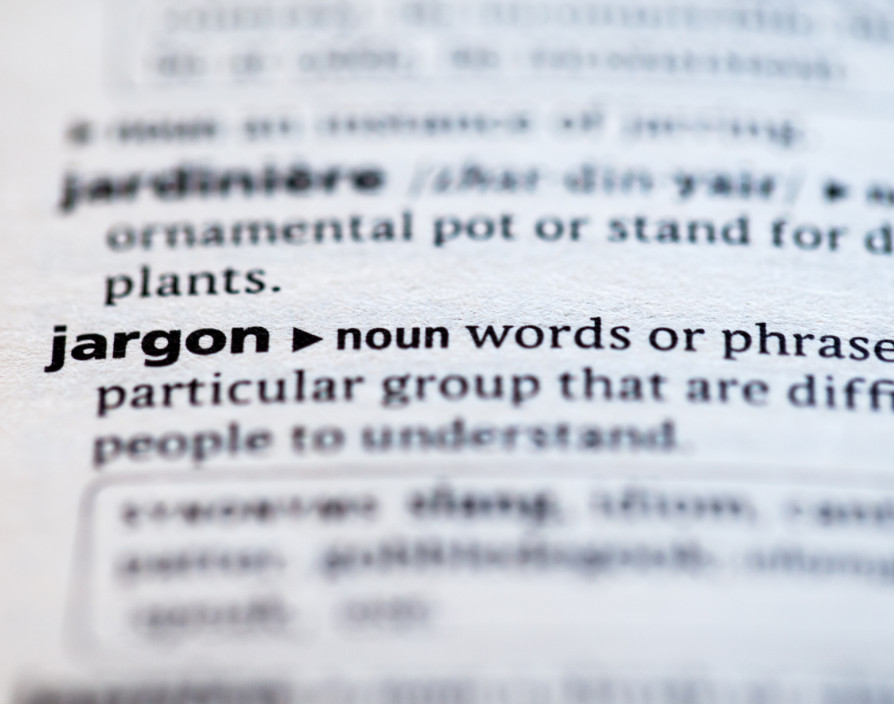You may be new to franchising. In fact, you may be new to running a business. As a result, you may be unfamiliar with industry jargon that is used day in, day out, by the more experienced franchise business owner.
There’s no need to worry though. In this article, we’ll begin getting you familiar with some of the phrases you’re likely to hear throughout your franchising journey.
Franchisor & franchisee
Let’s start with something nice and easy – two terms which you’re likely to have heard while looking into starting a franchise. The franchisor is the company who sells the rights for franchisees to use their trademark and business model. The franchisee is defined as the business owner who buys the license to operate under the trademark and name of the franchisor. A franchisor can have a network of franchisees.
Franchise Fee
This is the initial amount of money which the prospective franchisee is required to pay a franchisor to use their trademark. This is typically a one-off payment at the start of the venture and will vary dependent on the franchisor you are looking to work with.
Royalty fee
Royalties are fees which are usually collected monthly by the franchisor. This is a percentage of a business units’ gross sales which the franchisor is given throughout the franchisee’s lifecycle for using the brand name and business model.
Territory
The territory is the location which the franchisee has purchased, where they can conduct business and where their level of protection against other franchisees is. This will vary dependent on the franchisor brand you are with. The size of the territory is also determined within the franchise agreement. You may hear franchisors refer to the ‘Territory’ using other terms:
• Operating territory area
• Exclusive territory/area
• Designated area
• Area of responsibility
Operations Manual
This is the manual which the franchisor will provide to a new franchisee. It contains instructions which will advise a franchisee how to operate within the franchise. It covers several general procedures including accounting, advertising, personnel, promotion, and maintenance.
Multi-unit Operator
This is one for later. A multi-unit operator is a franchisee who gradually purchases and operates more than one franchise unit. Should you demonstrate a level of success and competence with your first unit, and you’re looking to expand your business operations, the franchisor may allow you to acquire additional outlets. Multi-unit operators are a great and cost-effective asset to franchisors, as the franchisees initial success instils assurance that they will continue to succeed and means franchisors do not require further investment into finding reliable first-time franchisees.
Resales
A resale is the stage in the franchise lifecycle where the franchisee looks to sell their franchise territory on. This could be for any reason; retirement, it isn’t for them or even removal by the franchisor. A resale can be a great acquisition for prospective business owners who are looking for a territory with an established customer base, marketing materials and trained employees. In essence, it’s acquiring a franchise business where the foundations have been built.
… but that’s not all
This is just the start. There are many more phrases that you will learn through your experience in franchising, but we hope this is something of a start for you.
Best of luck! Happy franchising.



































